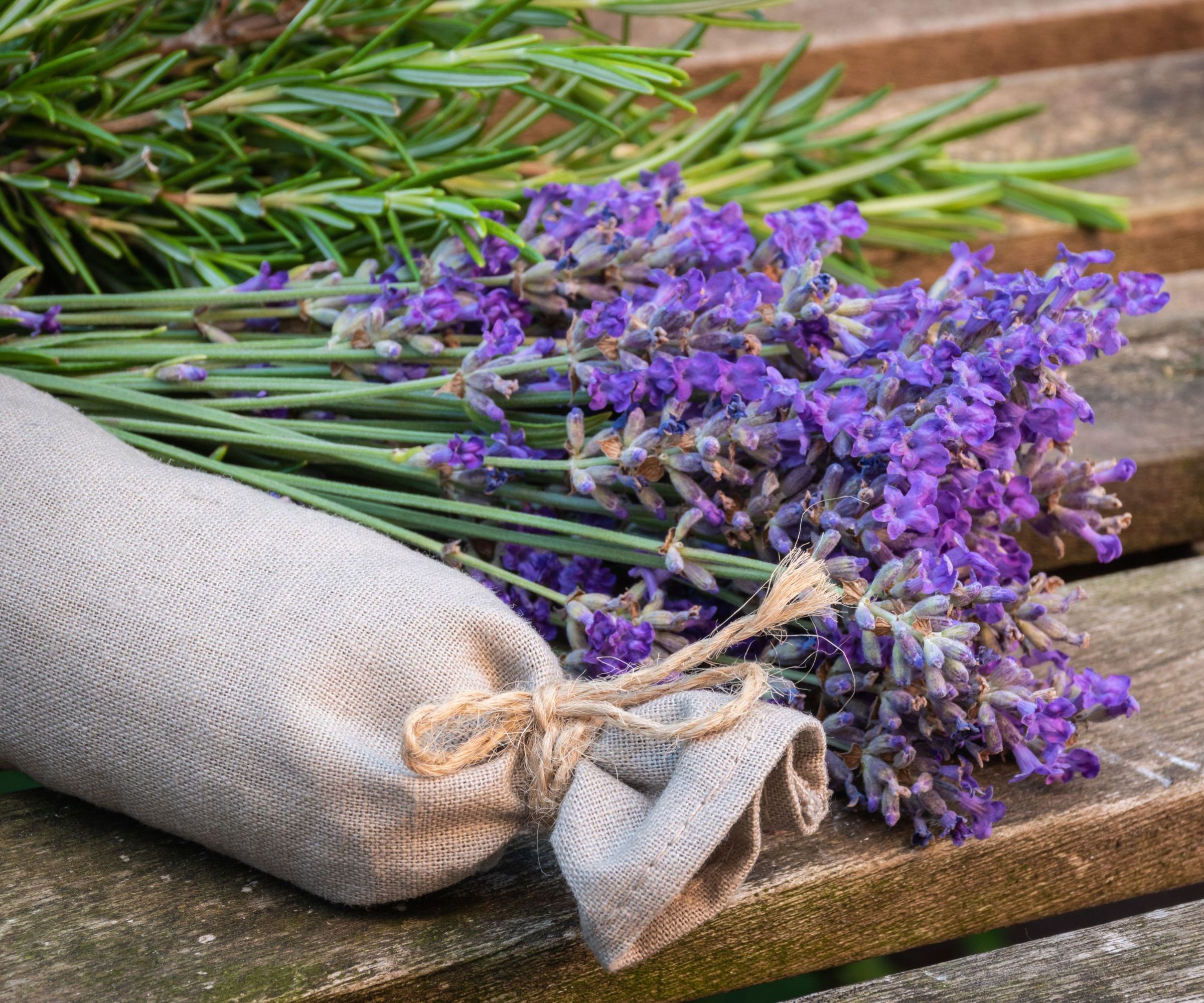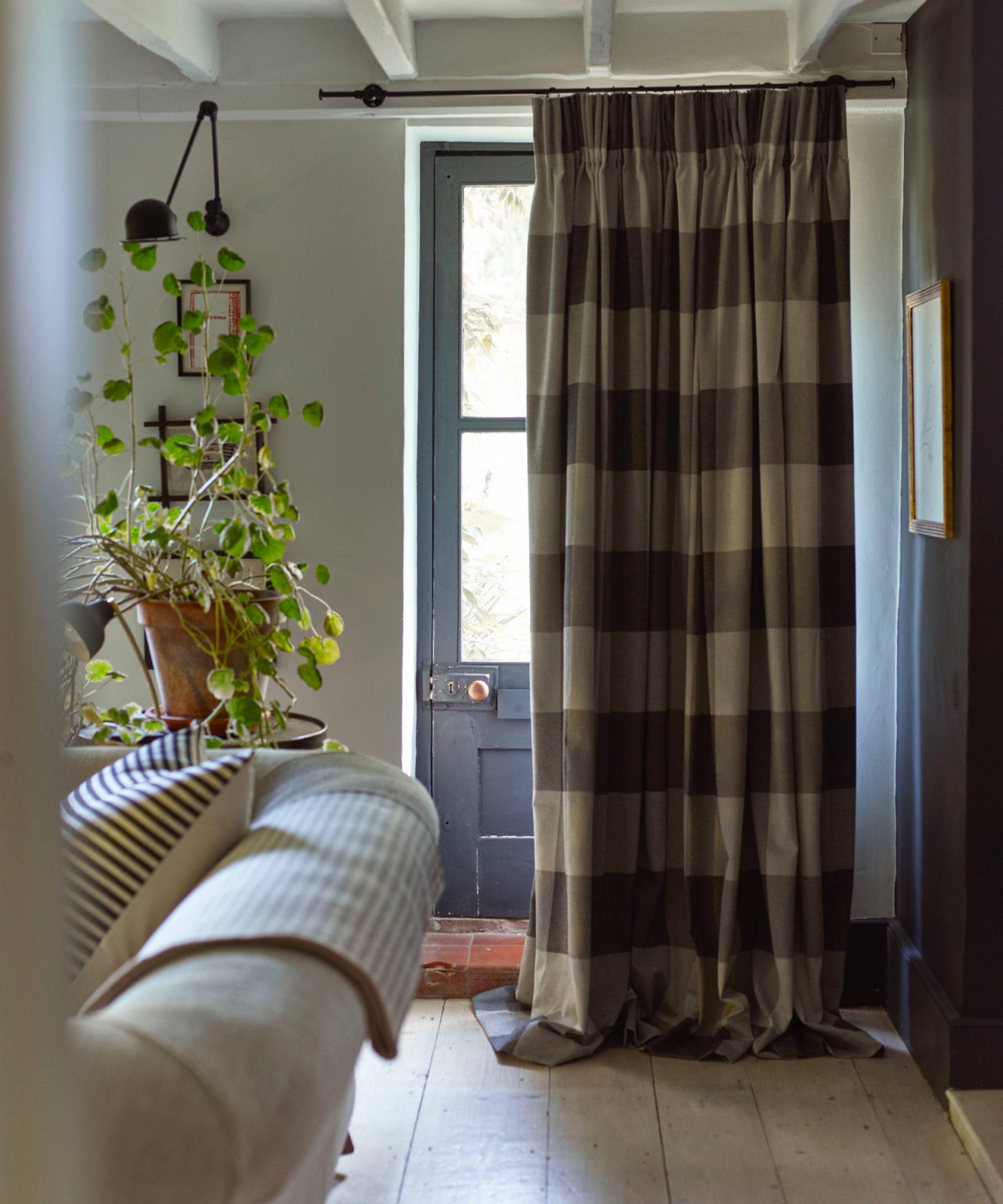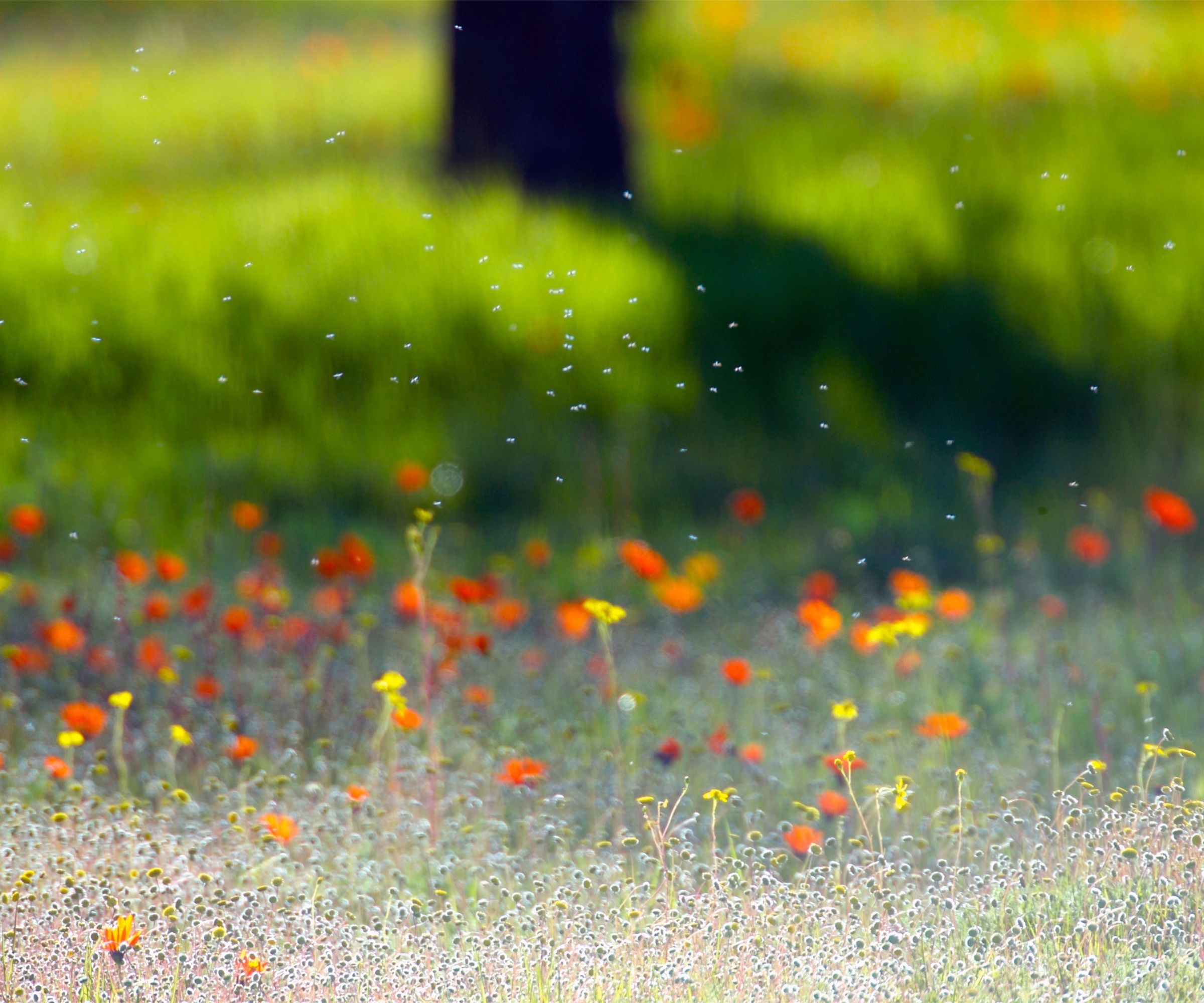How to get rid of cluster flies – simple expert-approved methods to banish these pests
With winter drawing near, so are cluster flies, making these tips to get rid of them increasingly important to keeping a bug-free home


Cluster flies, also known as attic flies, can be a nuisance when they invade homes, and it can feel like an almost impossible task to get rid of them without knowing the proper methods. Cluster flies are usually attracted to the light and warmth of your home, especially during the colder months, making this the ideal time to read up on how to get rid of these flies to ensure a bug-free home environment.
The good news is that they don't breed indoors or carry diseases like some other pests, meaning once they're gone you can relax.
Our experts have provided their top tips for getting rid of them if you're dealing with an infestation.
How to get rid of cluster flies
Mohammed Ahmed, founder of The Home Guidance advises, ‘Before diving into solutions, it's essential to understand that cluster flies are different from houseflies. They usually enter homes in the fall looking for a warm place to hibernate. They’re attracted to light and often found near windows. Recognizing these behaviors can guide your preventive measures.’

Mohammad Ahmed is an interior designer and home expert. He did his bachelor's degree in Interior Designing at the University of Minnesota in 2013 and since then has worked as an interior designer in various companies, designing functional and beautiful spaces for clients. In addition to his interior and exterior design skills, Mohammad is also Home expert with a talent for creating bespoke furniture and other accessories. He has been featured in popular publications such as Forbes, Yahoo, Realtor, Real Homes, Bustle, and Living etc. for his exceptional design tips.
1. Seal entry points

‘Begin by identifying and sealing any cracks, gaps, or openings in doors, windows, walls, and foundations,' recommends A.H David from Pest Control Weekly. 'Cluster flies often enter through these access points.’
‘Install fine-mesh screens on windows, vents, and openings to prevent cluster flies from entering your home while still allowing ventilation.'
Mohammed Ahmed adds, ‘The first step in any integrated pest management approach is exclusion. Ensure that gaps in siding, soffits, and roof junctions are adequately sealed.’
We recommend this magnetic window screen, from Amazon.
Caulk and seal any openings, especially where utility pipes enter the home. Ensure that all windows and doors have proper weather stripping. This will both keep cluster flies out and increase energy efficiency.

A.H David is the owner of Pest Control Weekly, a blog about pests and how to get rid of them.
2. Use non-toxic methods

Light traps
There are a number of non-toxic methods that can get rid of or deter cluster flies.
Firstly, Gene Caballero, co-founder of GreenPal, explains, ‘Cluster flies are attracted to light. You can set up ultraviolet light traps in infested areas. They fly towards the light and get trapped, which will help to reduce their numbers indoors.' Place UV lights in dark areas like attics or basements where cluster flies often gather.
Speaking of areas where cluster flies often gather, A.H David recommends hanging sticky flypaper near windows or light sources to catch cluster flies. Just remember to eplace them regularly.
We recommend this plug-in UV light attractant with a sticky pad, from Amazon, effectively combining both these methods.
Scent
‘Certain scents, like lavender, eucalyptus, and peppermint, are known to repel flies,' says Mohamed Ahmed. 'Consider integrating these scents into your decor through sachets, diffusers, or organic room sprays. Not only will these keep flies at bay, but they’ll also add a refreshing aroma to your interiors.’
To do this, A.H David suggests, 'Place sachets filled with dried herbs like lavender, rosemary, or cloves in closets, drawers, and other storage areas. Cluster flies dislike the scent and will avoid these places.' You can also place them near windows to repel the flies.
Vinegar
Another effective home remedy to get rid of flies is to ‘Create a mixture of equal parts water and white vinegar, and spray it on surfaces where cluster flies gather. The vinegar smell repels them,’ explains A.H David. There are also lots of areas of the home you can clean with vinegar, so it's a win-win.
Diatomaceous earth
Finally, diatomaceous earth can be an excellent way to get rid of cluster flies. This natural product can be sprinkled in areas where these flies congregate. Mohammed Ahmed advises, 'This natural insect killer can be placed discreetly behind furniture or along baseboards where cluster flies are known to congregate. It’s a non-toxic powder that destroys the exoskeletons of insects.'
Ensure the diatomaceous earth you are using is food-grade and keep it away from places where pets and children can ingest it. We recommend this Harris diatomaceous earth, from Walmart.
3. Insecticides

‘If the infestation is severe, you might consider using a residual insecticide around the home's exterior, focusing on the south and west sides where the sun warms the walls,' advises Gene Caballero. 'This treatment kills flies as they land. However, always read labels and use as directed, keeping in mind the potential impact on beneficial insects and the environment.'
Residual insecticides can be applied around windows, doors, and other entry points.
If flies have already entered, you can use a fly spray safe for indoor use.
We recommend this paragon conquer residual insecticide for exterior use and this wondercide indoor pest control spray, from Amazon.
4. Manage flies inside the home

'A quick and non-toxic way to remove cluster flies inside your home is by vacuuming them, especially from window sills or walls,' says Mohammed Ahmed. 'Ensure your vacuum has a HEPA filter to prevent any potential allergens from being released back into your living space.’
‘In fact, routine cleaning, especially in corners and hidden areas, can reduce the number of places flies can hibernate. Consider integrating cleaning into your seasonal decor change routine.'
'Turn off unnecessary lights at night, as cluster flies are drawn to light sources. Use yellow bug lights or keep blinds and curtains closed during the evening,' advises Michael Gottron, owner of Germicidal Maids. Another tactic can be to turn off all the lights in a room at night, leaving just one light on near an open window. The flies, drawn to the light, may fly out of the window.
Mohammed Ahmed suggests, opting for light-filtering curtains. 'Since cluster flies are attracted to light, using curtains that filter and diffuse light, especially during peak infestation times, can reduce their congregation around windows.’
5. Preventive measures for gardens

There are a few ways to keep cluster flies away outside, too. A.H David suggests trimming vegetation and trees near your home, as cluster flies often rest on plants before entering.
You can encourage birds and other natural predators in your garden that feed on flies by attracting them to your garden with bird huts and bird feeders. We recommend this Pennington bird feeder, from Walmart.
Cluster flies feed on earthworms, so managing earthworm populations can reduce the number of flies. However, remember that earthworms are beneficial to soil health, so this may be a last resort. Properly managing outdoor trash and compost bins will also help.
FAQs
How can I identify cluster flies?
Cluster flies are slightly larger than houseflies and often gather in large numbers, especially during the fall and winter months,' says Itamar Ben Dor, founder of Green-Life blog. 'These flies typically seek shelter in your home to escape the cold, making them a recurring problem.
'Cluster flies have a dark gray or olive-colored thorax with golden hairs on their bodies. They are slow-moving and tend to cluster together in warm, sunny areas of your home.'
Understanding the behavior of cluster flies and adopting a mix of preventive and remedial measures keeps them at bay.
Whether you're taking a natural and organic approach or using insecticides, keep the health and safety of your household and pets at the forefront of your mind.
Mohammed Ahmed recommends, ‘If the infestation is extensive, consulting with pest control professionals who understand your interior design concerns is beneficial.'
Sign up to the Homes & Gardens newsletter
Design expertise in your inbox – from inspiring decorating ideas and beautiful celebrity homes to practical gardening advice and shopping round-ups.

Lola Houlton is a news writer for Homes & Gardens. She has been writing content for Future PLC for the past six years, in particular Homes & Gardens, Real Homes and GardeningEtc. She writes on a broad range of subjects, including practical household advice, recipe articles, and product reviews, working closely with experts in their fields to cover everything from heating to home organization through to house plants. Lola is a graduate, who completed her degree in Psychology at the University of Sussex. She has also spent some time working at the BBC.
-
 Orange and green is the bold color pairing quietly transforming homes in 2025 – here's 4 reasons why
Orange and green is the bold color pairing quietly transforming homes in 2025 – here's 4 reasons whyInterior designers are making the orange and green combination work wonders – this is how you can too
By Sophia Pouget de St Victor Published
-
 This Michelle-Pfeiffer-approved chair is made of a forebodingly unusual material, opening the debate: Is it a rustic stunner, or a danger to sitters?
This Michelle-Pfeiffer-approved chair is made of a forebodingly unusual material, opening the debate: Is it a rustic stunner, or a danger to sitters?The actress took to Instagram with a chair made of a controversially sharp material – and fans are unsure of how they feel about it
By Sophie Edwards Published